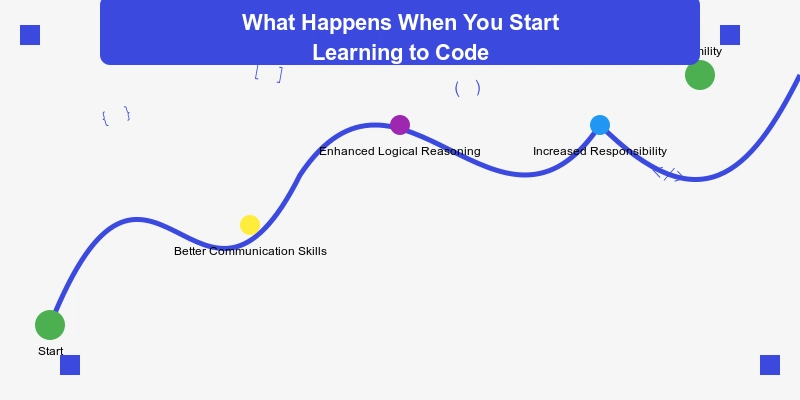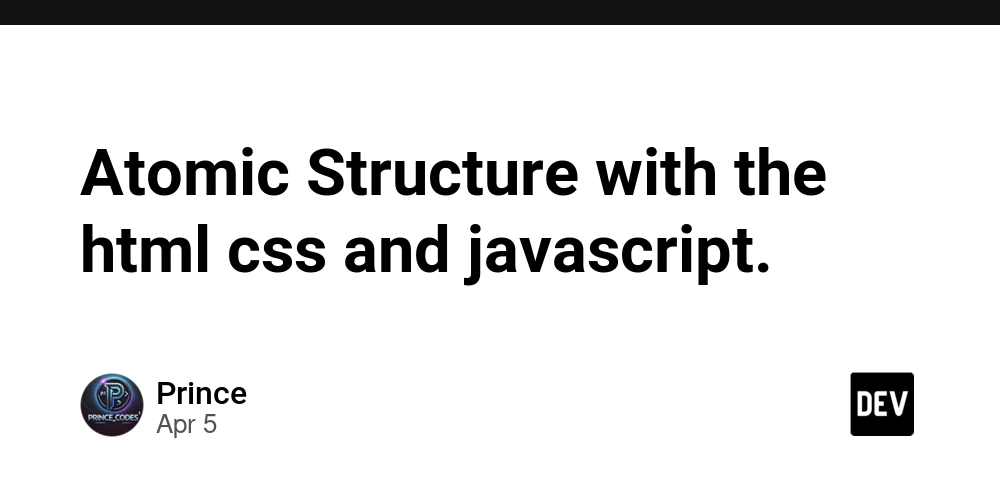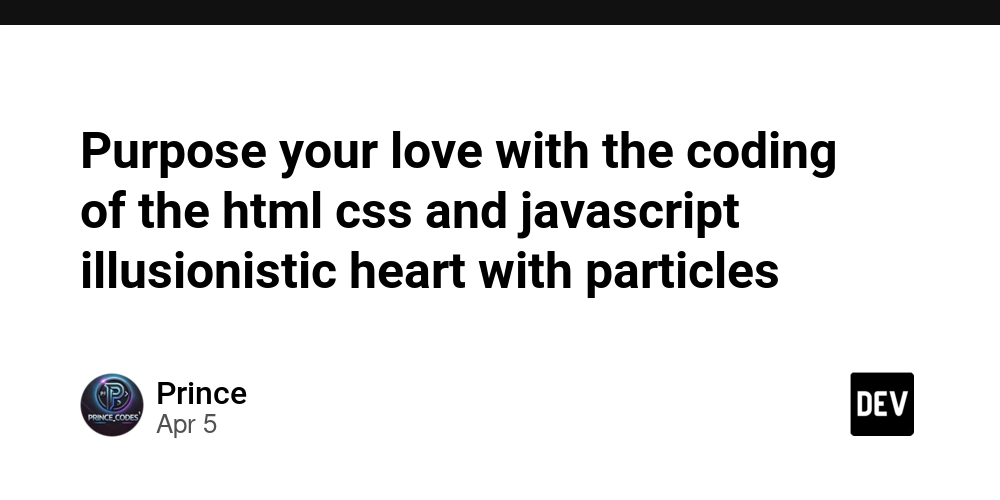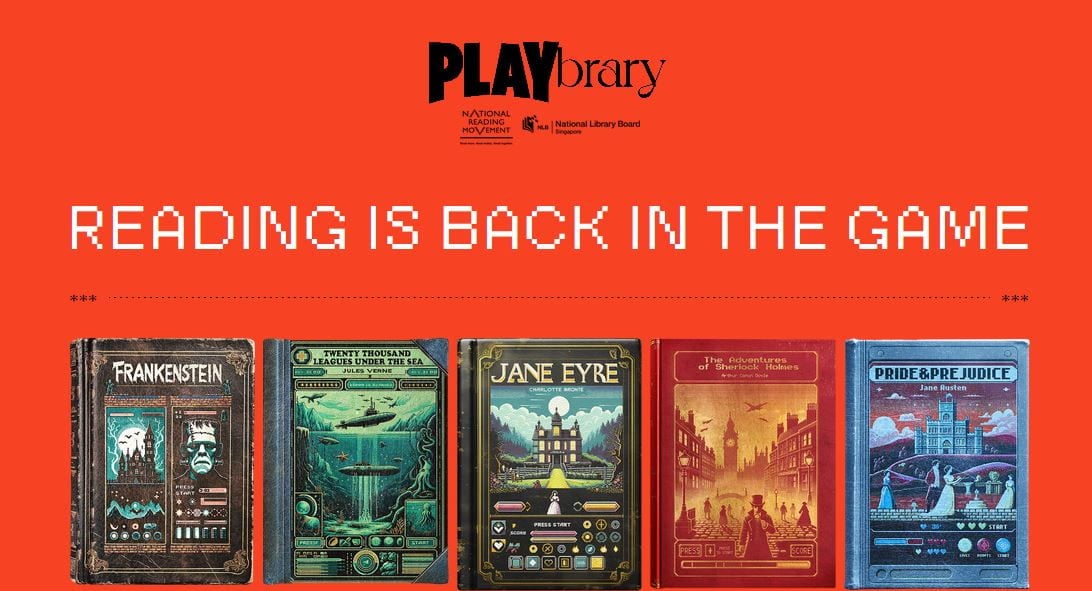What happens when you start learning to Code
Imagine unlocking a superpower that not only helps you solve puzzles but also sharpens your everyday life skills. Learning to code isn’t just about writing lines of text—it’s about discovering a new way to think, communicate, and tackle challenges head-on. Whether you dream of creating your own app or just want to boost your problem-solving skills, coding opens doors to endless possibilities. Let me know what's your experience in your journey- share in the comments! 1. Better Communication Skills When you start learning to code, you quickly find that you’re not just writing instructions for a computer—you’re also learning how to explain ideas clearly. Here’s how: Reading and Researching: You spend time exploring articles, documentation, and video tutorials. This constant exposure helps you build a habit of clear, precise thinking. Breaking Down Problems: Coding teaches you to deconstruct complex problems into simple, step-by-step instructions. As you do this, you also learn how to communicate your ideas in a straightforward manner to others. This skill doesn’t only help in programming but also enhances your ability to communicate in everyday situations. 2. Enhanced Logical Reasoning and Organization Coding is like solving a fun puzzle that requires a logical approach. Here’s what you gain: Critical Thinking: Every coding task is a mini-challenge that demands clear, logical steps. You learn how to create algorithms—detailed instructions for solving problems. Organized Thought Process: As you work through code, your mind naturally starts organizing ideas in a systematic way. This practice can help you evaluate choices, weigh pros and cons, and plan ahead in your daily life. The habits you form here are not just useful in programming—they help you become a better problem-solver in any area of life. 3. Increased Responsibility and Humility. Coding is a journey that comes with its own set of responsibilities, teaching you essential life skills: Taking Ownership: From planning to deploying a project, you learn to take full responsibility for your work. Every mistake becomes a valuable lesson. Embracing Learning Opportunities: With each coding challenge, you learn to be humble. You realize that making mistakes is part of the process, and that every error is an opportunity to learn and grow. Building Discipline: The entire coding cycle—ideation, planning, building, testing, and debugging—instills a sense of discipline that benefits you far beyond the computer screen. These experiences help you develop a balanced mindset, making you more accountable and open to continuous improvement. Conclusion Learning to code is more than just acquiring a technical skill; it’s about growing as a person. By sharpening your communication, logical reasoning, and sense of responsibility, coding prepares you for challenges in both your personal and professional life. Whether you’re writing a simple script or building a complex project, every line of code contributes to a stronger, more thoughtful you.

Imagine unlocking a superpower that not only helps you solve puzzles but also sharpens your everyday life skills. Learning to code isn’t just about writing lines of text—it’s about discovering a new way to think, communicate, and tackle challenges head-on. Whether you dream of creating your own app or just want to boost your problem-solving skills, coding opens doors to endless possibilities.
Let me know what's your experience in your journey- share in the comments!
1. Better Communication Skills
When you start learning to code, you quickly find that you’re not just writing instructions for a computer—you’re also learning how to explain ideas clearly. Here’s how:
Reading and Researching: You spend time exploring articles, documentation, and video tutorials. This constant exposure helps you build a habit of clear, precise thinking.
Breaking Down Problems: Coding teaches you to deconstruct complex problems into simple, step-by-step instructions. As you do this, you also learn how to communicate your ideas in a straightforward manner to others.
This skill doesn’t only help in programming but also enhances your ability to communicate in everyday situations.
2. Enhanced Logical Reasoning and Organization
Coding is like solving a fun puzzle that requires a logical approach. Here’s what you gain:
Critical Thinking: Every coding task is a mini-challenge that demands clear, logical steps. You learn how to create algorithms—detailed instructions for solving problems.
Organized Thought Process: As you work through code, your mind naturally starts organizing ideas in a systematic way. This practice can help you evaluate choices, weigh pros and cons, and plan ahead in your daily life.
The habits you form here are not just useful in programming—they help you become a better problem-solver in any area of life.
3. Increased Responsibility and Humility.
Coding is a journey that comes with its own set of responsibilities, teaching you essential life skills:
Taking Ownership: From planning to deploying a project, you learn to take full responsibility for your work. Every mistake becomes a valuable lesson.
Embracing Learning Opportunities: With each coding challenge, you learn to be humble. You realize that making mistakes is part of the process, and that every error is an opportunity to learn and grow.
Building Discipline: The entire coding cycle—ideation, planning, building, testing, and debugging—instills a sense of discipline that benefits you far beyond the computer screen.
These experiences help you develop a balanced mindset, making you more accountable and open to continuous improvement.
Conclusion
Learning to code is more than just acquiring a technical skill; it’s about growing as a person. By sharpening your communication, logical reasoning, and sense of responsibility, coding prepares you for challenges in both your personal and professional life. Whether you’re writing a simple script or building a complex project, every line of code contributes to a stronger, more thoughtful you.



![[FREE EBOOKS] The Kubernetes Bible, The Ultimate Linux Shell Scripting Guide & Four More Best Selling Titles](https://www.javacodegeeks.com/wp-content/uploads/2012/12/jcg-logo.jpg)



































































